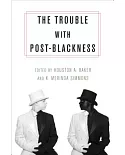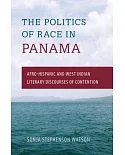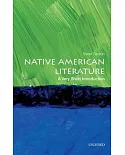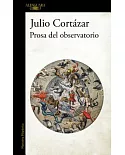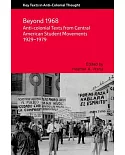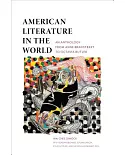Cecilia Valdes or El Angel Hill is arguably the most important novel of colonial Cuba.
Originally published in New York City in 1882, Cirilo Villaverde’s novel has fascinated readers inside and outside Cuba since the late nineteenth century. In this new translation from the
Spanish by Helen Lane a vast landscape emerges of the moral, political, and sexual depravity caused by slavery and colonialism. Set in the Havana of the 1830s, the novel introduces us to
Cecilia, a beautiful light-skinned mulatta, who is being pursued by Leonardo, the son of a Spanish slave trader. Unbeknownst to the two, they are the children of the same father. Eventually
Cecilia gives in to Leonardo’s advances; she becomes pregnant and gives birth to a baby girl. When Leonardo, who gets bored with Cecilia after a while, agrees to marry a white upper-class
woman, Cecilia vows revenge.
For the contemporary reader Helen Lane’s translation of Cecilia Valdes opens a new window on the experience of Spanish colonialism in Cuba and the intricate problems of race relations in the
Caribbean. There are the free people of color, the class to which Cecilia herself belonged, the elite European and New World whites, and the slaves, some born in Africa, some born in the New
World - all of them represented in this unflinching portrait of the sexual, social, and racial oppression in a slaveholding colonial society.




